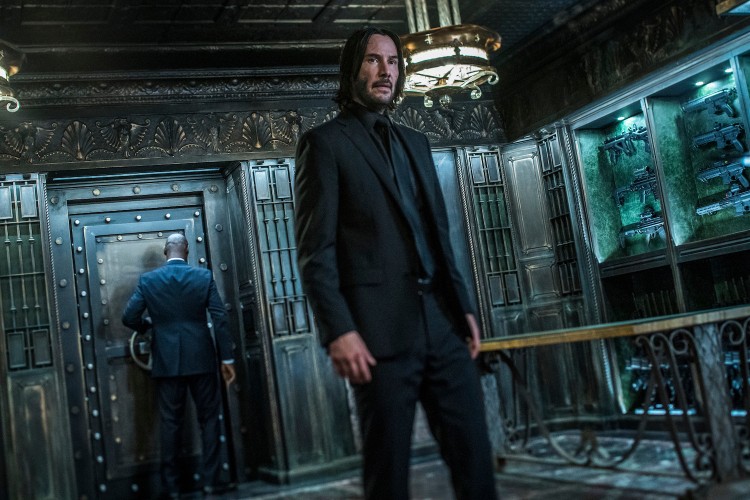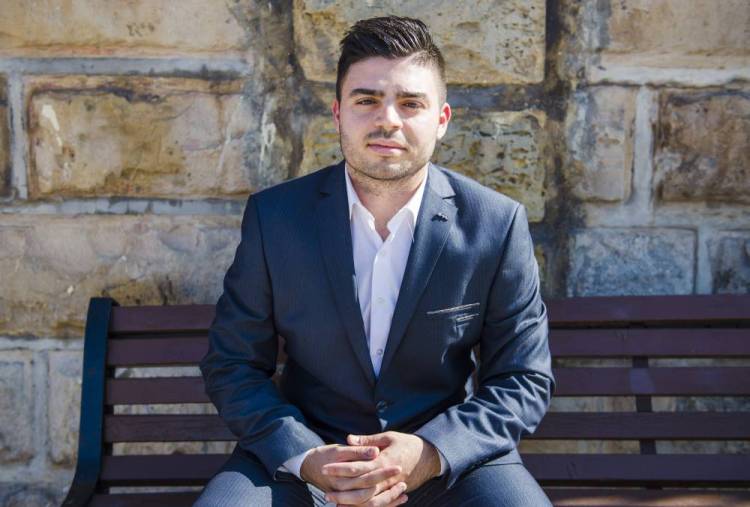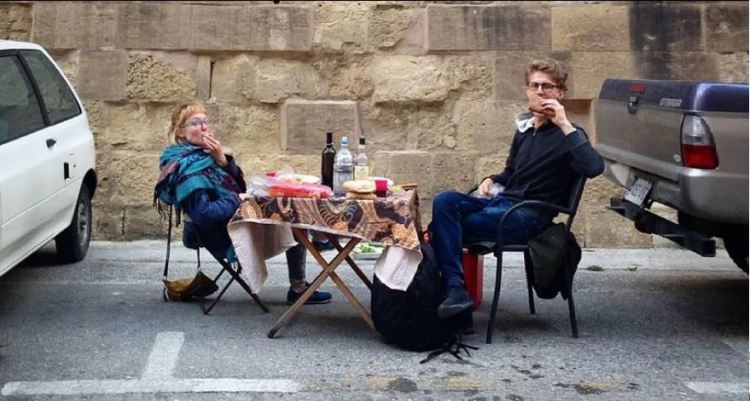I’ve waited for the reviews to form a satisfyingly diverse cluster before putting this together, as it’s been an interesting couple of months at the movies. But here they are; some of my recent pieces of film criticism for MaltaToday, liberally cherry-picked and in no particular order.
Which is, of course, a total lie. Cherry-picking implies selection, and selection implies intention, which implies order of some kind.
In this case, we’ve see a few glittering diamonds in the rough just about rising up for air in an atmosphere suffused by entertaining, but equally suffocating, blockbuster fare.
***
The Inevitable Epic: Avengers – Endgame

“Though an epic send-off may have felt like a foregone conclusion Marvel Studio’s unprecedentedly long-running superhero saga, the mammoth achievement that’s ensued is certainly no casual fluke. Carefully calibrated to give each character and sub-plot their due while never short-changing its emotional content, Avengers: Endgame gives itself the licence of sizeable running time to tell a story that is part dirge, part mind-bending time travelling heist and part meditation on friendship and power. The cinematic landscape may have been changed by these colourfully-clad supermen and women in debatable ways, but the byzantine byways of its interconnected stories clicking so satisfyingly together is certainly no mean feat.”
Click here to read the full review
Note: Check out a more ambitious, expansive and crazier foray into superhero-media criticism in this article, which I was graciously invited to pen for Isles of the Left
The Vicious Familiar: Us

“More ambitious and tighter than his barnstorming Get Out in equal measure, Jordan Peele’s second stab at film-making may have some rips at its seams, but in the long run makes for a thrilling feature with something to say. Satisfyingly structured and laced with nuggets of ambiguity that will burrow through the brain, it’s offers a full-bodied experience of genre cinema that feels sorely needed in a landscape oversaturated with superheroes and remakes.”
Click here to read the full review
Third Time Bloody: John Wick: Chapter 3 – Parabellum

“Expanding on its world with a tightly-focused and clever simplicity that allows more than ample room for its trademark bloodbath-balletics to shine through, the third installment of the little action franchise that could continues to plough its way through the competition with violent, witty elan. A satisfying ride from start to finish, Reeves and Stahelski’s baby has grown up and taken the world by storm, while betraying zero signs of franchise fatigue so far.”
Click here to read the full review
Local Flavour: Limestone Cowboy

“Though lacking polish in certain areas and never quite managing to resist the temptation to stuff every frame with ‘local colour’, Limestone Cowboy remains an engaging and effective dramedy that successfully alchemises quirky Maltese mores into a feature of universal appeal.”
Click here to read the full review
Too Good For This World: Happy As Lazzaro

“While offering an unflinching and deeply upsetting gaze into the unequal power structures of capitalism both past and present, Happy as Lazzaro also manages to be a rich and rewarding fable, limned with a magical glow that keeps cynicism and hopelessness at bay. Mixing in a team of first-time actors and non-professionals with established names, Alice Rohrwacher creates something of a minor miracle, which is likely to remain resonant for years to come.”
Click here to read the full review
***
Coming up: Reviews of Vox Lux (dir. Brady Corbet) and Beats (dir. Brian Welsh). Check out my Facebook, Twitter and Instagram avatars for updates on reviews and other projects












